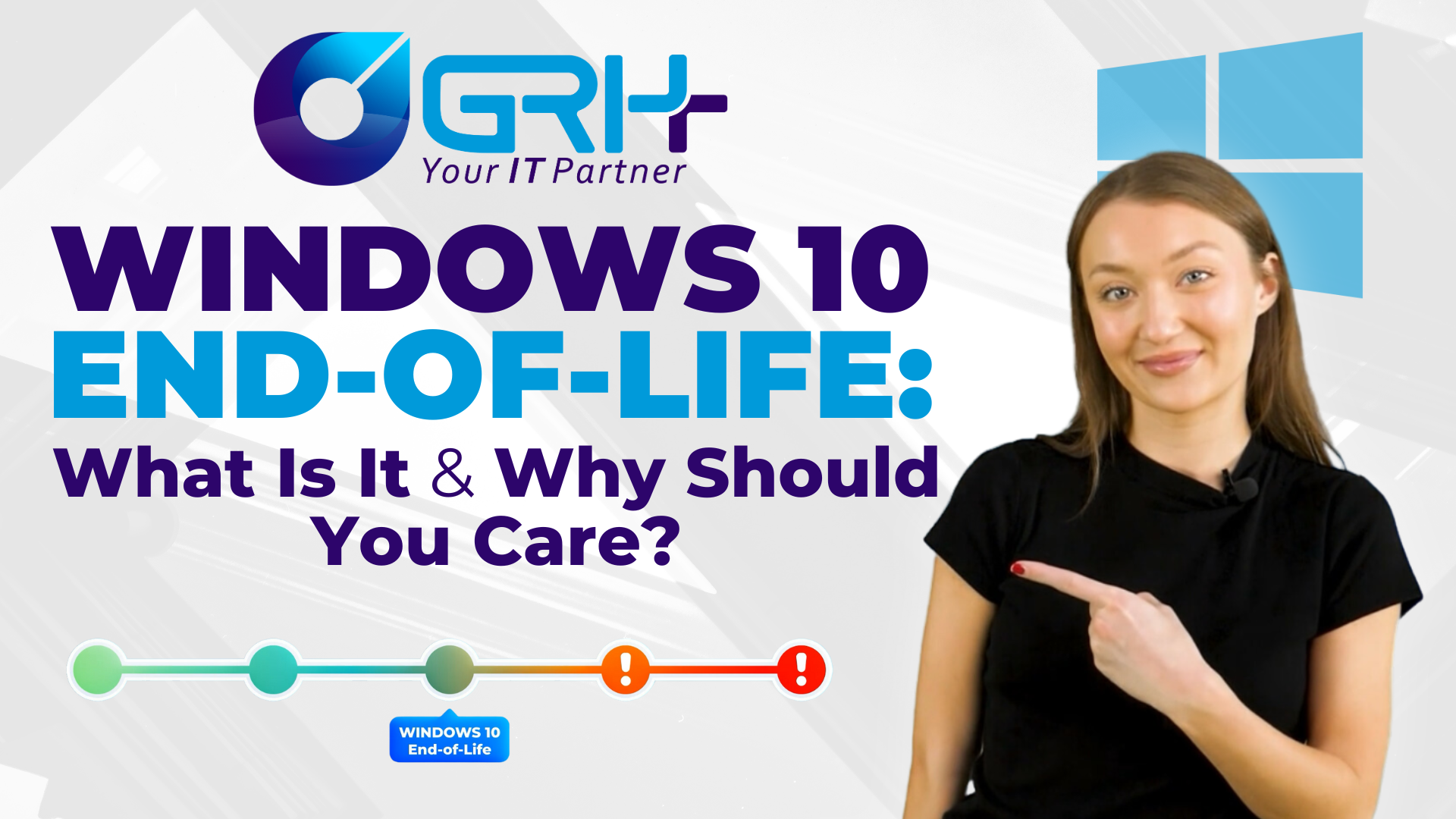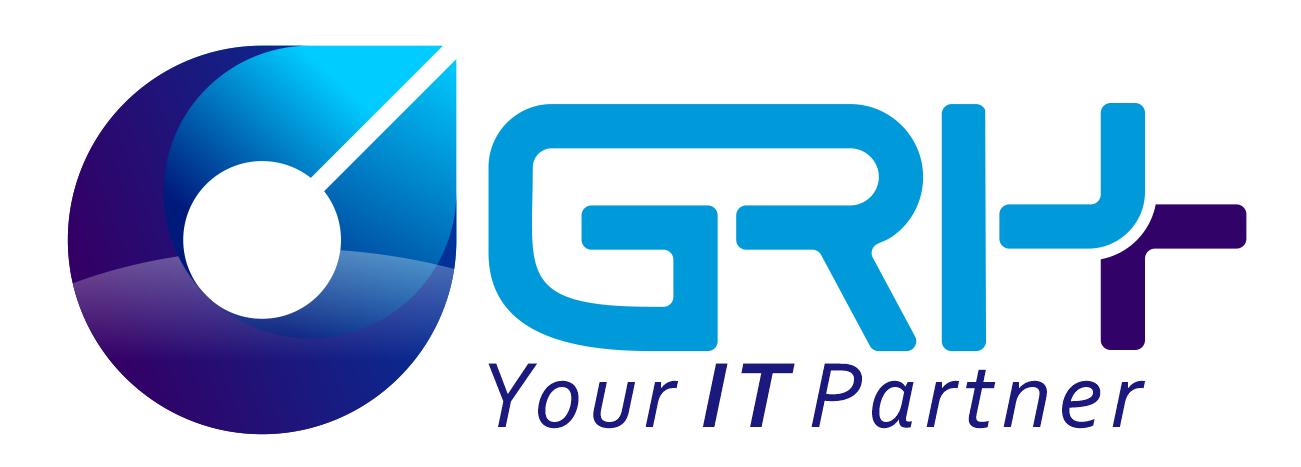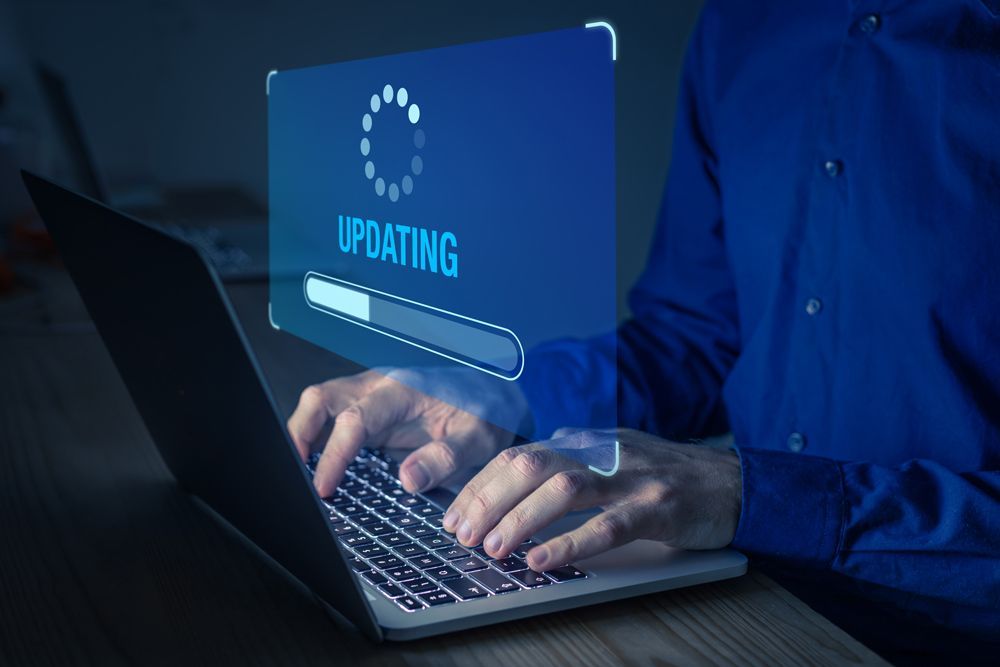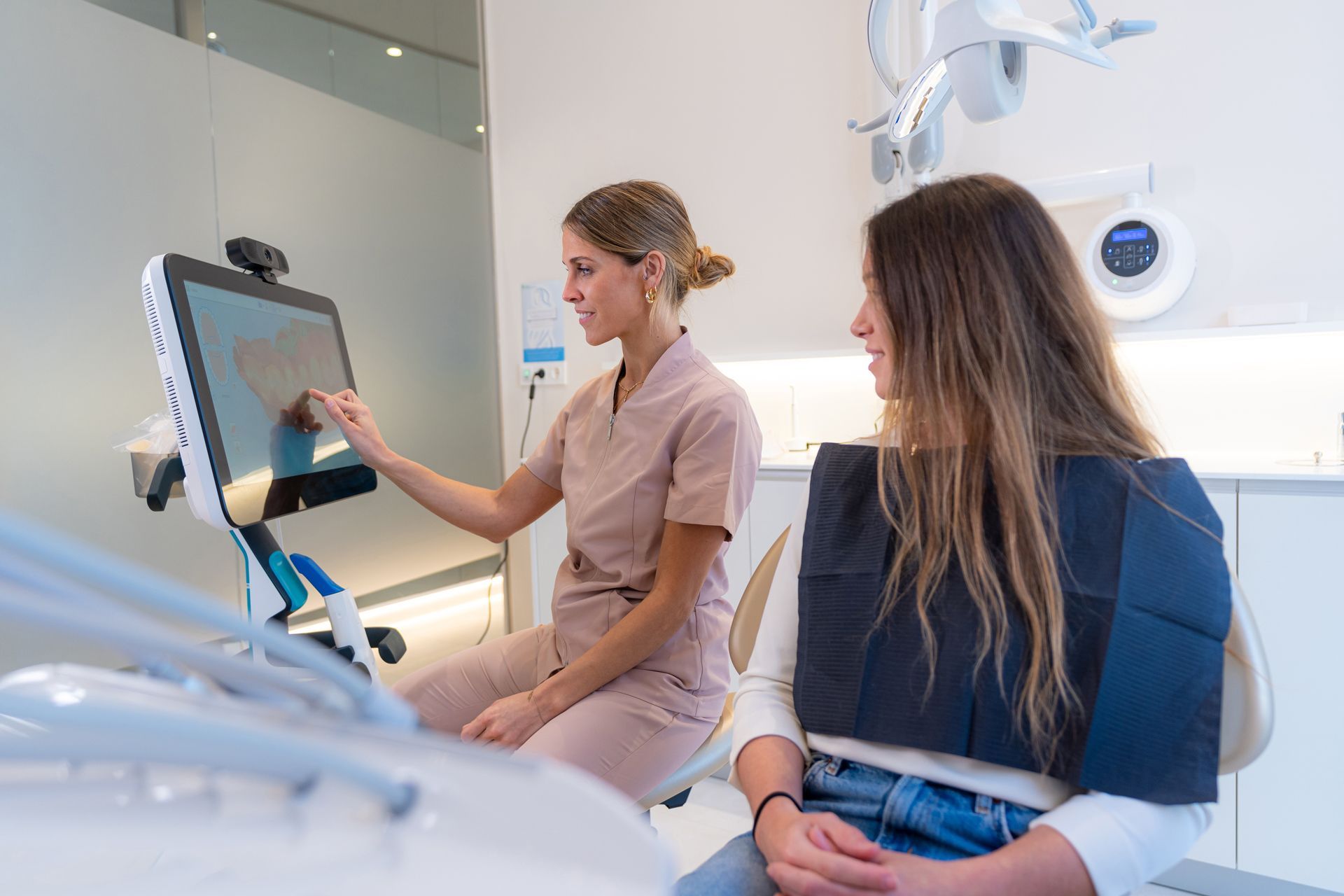Maximizing the Patient Experience With Top-Notch IT!

Let’s put you in the perspective of a patient stepping into a dental office: what’s the first thing you notice? Maybe it’s how modern and clean the space looks or how quickly you can get connected to their Wi-Fi. Or perhaps it's the opposite, and you find yourself in a place that seems to have taken a time machine back to the '90s, complete with outdated computers and a spotty internet connection.
When comparing these two scenarios, it’s not hard to guess which dental office you’d prefer to return to!
This stark difference highlights a simple truth: the technology in your dental practice plays a massive role in shaping patient perceptions. An office with the latest technology not only looks more professional, but also promises a smoother, more efficient patient experience. Conversely, falling behind on the tech front can have patients leaving out the door before they even meet the dentist…
Why Modern Tech Matters in Dental Practices
First impressions count for a lot, and in the world of dental care, your office's technology is part of that first impression. A sleek, high-tech office suggests to patients that you're at the forefront of dental care, offering the latest treatments and most efficient services. It's about more than just looking good; it's about providing a level of care and convenience that exceeds expectations!
On the flip side, outdated technology can be a glaring red flag for potential patients. Unorganized cabling and outdated machines signal that your practice may not be keeping up with the latest in dental technology, leading patients to wonder what else might be lagging behind!
The Real Cost of "Bad IT"
Bad IT does more than just tarnish your practice's image: it hits you where it hurts in your productivity and wallet!
Imagine this: your patient portal crashes for half an hour. It seems minor, but suddenly, appointments can't be scheduled, and communication grinds to a halt. Let’s put a conservative estimate on this inconvenience—say, $60 for the direct employee cost plus lost productivity. If you multiply this by five employees not having access, it adds up to a $300+ setback in just 30 minutes!
This isn’t even touching on the frustration and inconvenience it causes your patients when they are unable to log in or access their appointment scheduling or information…
Time to Upgrade!
Updating your practice’s IT isn’t an unnecessary expense: it’s an investment into your practice's future and a commitment to providing the best possible care to your patients!
Whether it’s ensuring that your patient portal is running smoothly, that your office Wi-Fi is fast and reliable, or that your scheduling system is as efficient as possible, every technological upgrade you make enhances the patient experience. It shows your patients that you value their time and comfort, reinforcing their decision to choose you as their dental care provider.
Ready to modernize your dental practice and stay ahead of the competition? Reach out today at GRH Consulting and start the journey toward more efficient technology and happier patients!












